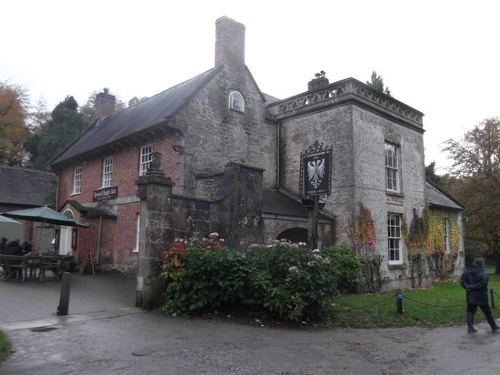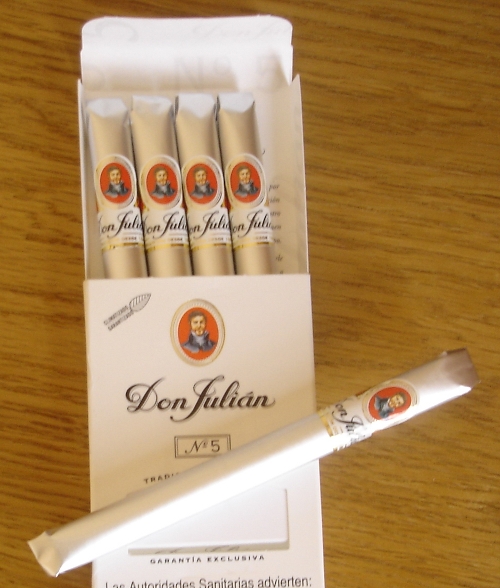Death of a Cyclist
Death of a Cyclist
I can be a bit distracted when I am cycling on my Pashley Roadster. If I see an old church (brass rubbing) or an interesting pub (pint of bitter), I certainly won't be looking where I'm going. And the signs. I have a troubling habit of needing to read every sign I cycle past big and small. I know I'm not the only one. But if the story related in Death of a Cyclist is anything to go by, I need to take a bit more care when trundling over the potholes of Somerset.Death of a Cyclist - available through Criterion - was released in 1955 as Muerte de un ciclista, and was written and directed by Juan Antonio Bardem, the uncle of actor Javier Bardem. It's worth saying a little about Criterion. The film distribution company is based in New York. Founded in 1984, Criterion does incredible work in making classic (often criminally forgotten) films available. Not only that but publishing them in the best quality editions, with involvement in cleaning and restoration, in a format that is 'uncut, in its original aspect ratio, as its maker intended it to be seen'. Criterion Collection: Death of a Cyclist has a high definition transfer and improved English translation.
Death of a Cyclist has elements of Hitchcock-like suspense and film noir fatalism. To begin the story, a cyclist is knocked down accidentally on a seemingly empty road by the car of a couple who are having an affair. The car is being driven by wealthy socialite (and femme fatale) Maria, played by the elegantly beautiful Lucia Bose. Together with her distinguished university professor lover Juan, played by Alberto Closas, they decide not to seek help for the dying cyclist rather than risk social opprobrium and damage to their reputations by exposing their affair.
A fatal error? After the cyclist's death is reported in the newspapers, the psychological tension starts to build. Juan cannot escape his conscience. Maria struggles to confront her sense of moral responsibility in protecting her own well-being. They risk losing everything, but can and should they continue as if nothing has happened?
The wonderful black and white cinematography projects a stark and sinister Spain in neo-realist style, reflective of the theme and the Franco era in which it was filmed. It's a beautiful-looking film.
A similar tale of unintended consequences pivoting on a poor chap being knocked off his bike is explored and updated for the Great Recession era in the decent Italian film Human Capital, which was released in 2013. I am sure director Paolo Virzi and writer Stephen Amidon must have been aware of Bardem's film, but it was interesting to see how the premise was shifted to a contemporary Italy with the backdrop of globalisation.
In short: despite any change to the political or social climate, people don't change.
Staying Alive (Or My Fear of Being Hit by Spanish Adulterers)
Concern for being hit by the speeding car of an adulterous Spanish couple compelled me to add this rather bright Mackintosh raincoat to my collection. They should be able to avoid me now.Unlined and super lightweight, the mid-length, relaxed fit raincoat is handmade in Scotland using Loro Piana's patented 'Storm System' cloth, which has been treated with a special waterproof membrane. So, hopefully, it will be good for the spring and summer months whatever the chance of rain. Though I tend not to cycle if the clouds are too bunched up and angry-looking. I watch old films about cyclists being knocked down instead.
I bang on about this, but every traditionally-inclined Brit should have several raincoats and macs in their timeless collection at various lengths and thickness for all-year-round utility.
If I had a choice with this one, and I suppose I do, I would replace the buttons with some plain grey horn numbers. Time will tell if they stick out a little too much for my fastidious sensibility to bear.
















